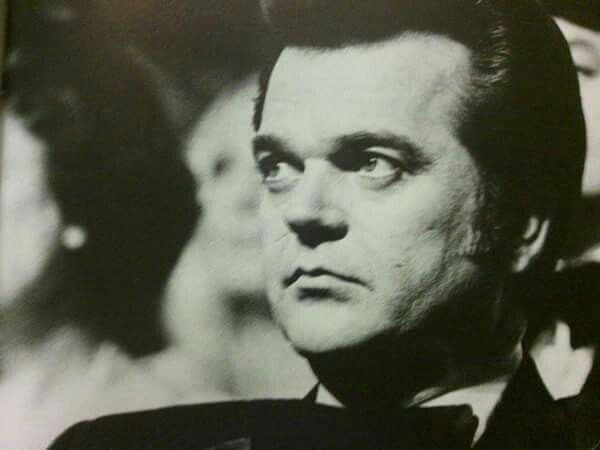
A LAMENT THAT LINGERED LONG AFTER GOODBYE
When Conway Twitty released his cover of “I Can’t Stop Loving You” in 1972, he brought a timeless yearning to a song already steeped in emotional history. Twitty’s rendition climbed to No. 1 on the Billboard Hot Country Singles chart, cementing it as one of his signature performances. It appeared on his album of the same name (paired with “(Lost Her Love) On Our Last Date”) and stands as a testament to his power as both a vocalist and an interpreter.
Long before Twitty’s heartfelt delivery, “I Can’t Stop Loving You” was born in the mind of Don Gibson, who first recorded it in December 1957. Though originally released as the B-side to Gibson’s “Oh, Lonesome Me,” the song struck a profound chord and has since been covered by hundreds of artists. Most famously, Ray Charles transformed it into a soul-wrenching, crossover smash in 1962. Charles’s version dominated the Billboard Hot 100 for five weeks and became a signature of his catalog.
Conway Twitty’s version therefore did not just revisit a classic — he stepped into a legacy. His choice to reinterpret this deeply personal ballad was bold, especially considering the weight of Charles’s towering influence. But Twitty made it unmistakably his own. In an era when country music leaned into the lush Nashville Sound, Twitty’s warm baritone carried the song’s ache with a sincerity that felt both timeless and immediate.
Lyrically, “I Can’t Stop Loving You” is a confession of surrender. The protagonist acknowledges that time, distance, and resignation cannot erase his devotion: “I made up my mind to live in memories of old lonesome times.” That resolution—of living in memory—is the song’s emotional core. Twitty’s vocal phrasing, especially when he delivers the title line, is deliberate and weighed, as if he’s admitting something he can never change.
Musically, Twitty’s arrangement draws on traditional country instrumentation—steel guitar, piano, gentle backing vocal textures—to underscore the sentiment without overwhelming it. The production by Owen Bradley, long-time collaborator of Twitty’s, allows the emotional gravity to breathe; every note is measured so that his voice remains front and center.
What gives this version real power is how Twitty internalizes the song. This isn’t the broad, sweeping soul-statement of Ray Charles, nor the plaintive simplicity of Don Gibson’s original — it’s a measured, intimate confession from a man who’s done his reckoning. His delivery feels as though he’s speaking directly to the listener, letting us in on a lifelong ache without being self-pitying.
Culturally, this recording occupies an important place in Twitty’s legacy. By bringing a song of universal regret and unyielding devotion into his own stylistic orbit, he broadened his emotional palette. It became more than a cover: it was one of his defining ballads, merging his country roots with a narrative of love that refused to fade.
In the vinyl grooves, Conway Twitty’s “I Can’t Stop Loving You” remains a haunting testament to the endurance of the heart. It’s a confession, not just of undimmed affection but of still-lingering loss — a poignant snapshot of a love that won’t let go, even when letting go would be easier.